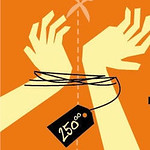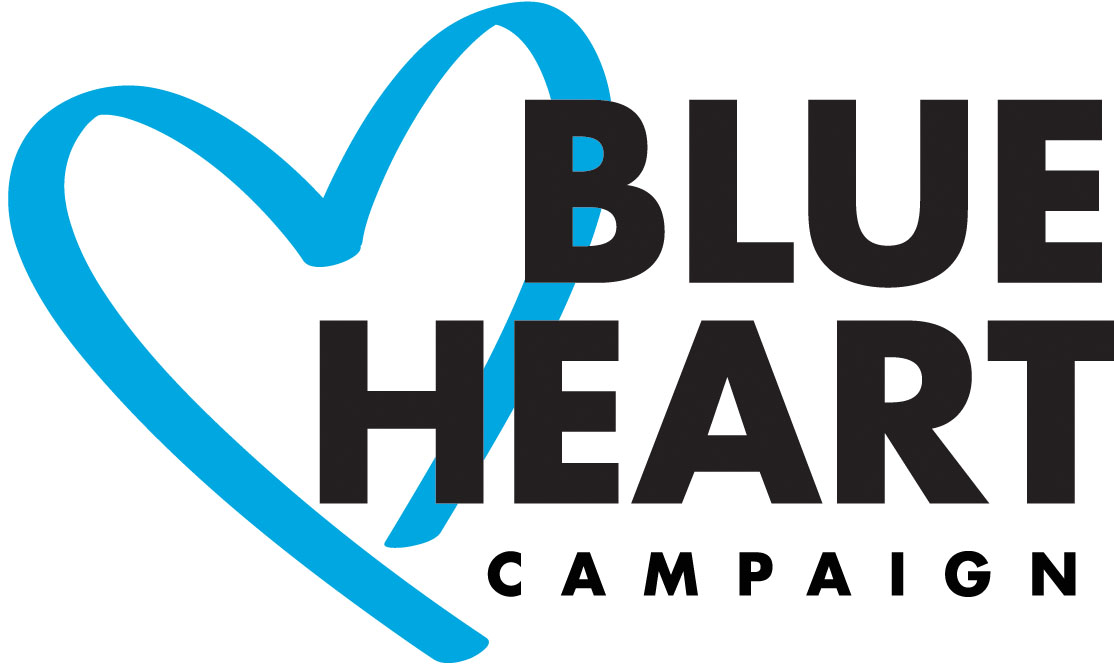World Day Against Trafficking in Persons

By Maeva Giambrone / GICJ
The 30th of July 2023 marks the World Day Against Trafficking in Persons. The 64/293 UN General Assembly (UNGA) Resolution in 2010 established the United Nations Global Plan of Action to Combat Trafficking in Persons. Further, the UNGA designated the 30th of July, every year, as the World Day Against Trafficking in Persons in its resolution A/RES/68/192. This day was honoured for the first time in 2014.
Today, there are numerous texts condemning human trafficking, including the United Nations Convention against Transnational Organized Crime of 2000 and its Protocol to Prevent, Suppress and Punish Trafficking in Persons, especially Women and Children of 2003.
The purpose of this day is to raise awareness of the plight of victims of human trafficking and better protect their rights. It is estimated that millions of children, women, and men are victims of trafficking every year.
Trafficking in persons
There are different types of human trafficking:
- Trafficking for removal of organs
- Trafficking for illegal adoption
- Trafficking for exploitative begging
- Trafficking for forced marriage
- Trafficking for forced criminal activity
- Trafficking for mixed forms of exploitation
- Trafficking for sexual exploitation
- Trafficking for forced labour
The 2003 Protocol defined trafficking in persons as “the recruitment, transportation, transfer, harbouring or receipt of persons, by means of the threat or use of force or other forms of coercion, of abduction, of fraud, of deception, of the abuse of power or of a position of vulnerability or of the giving or receiving of payments or benefits to achieve the consent of a person having control over another person, for the purpose of exploitation. Exploitation shall include, at a minimum, the exploitation of the prostitution of others or other forms of sexual exploitation, forced labour or services, slavery or practices similar to slavery, servitude or the removal of organs” [1].
Numerous actions have been taken at international level to combat this phenomenon. As part of the Millennium Summit (2000) and a high-level meeting on the Millennium Goals (2010), a commitment was made to implement new measures, to strengthen existing ones and to eliminate human trafficking in all its forms. In 2006, the Inter-Agency Coordination Group against Trafficking (ICAT) was set up to coordinate action between United Nations agencies and other international organisations.
In 2010, the United Nations Global Plan of Action to Combat Trafficking in Persons was adopted to strengthen existing instruments and create a United Nations Voluntary Fund for Victims of Trafficking in Persons.
Finally, the Human Rights Council is also seized of the issue, as demonstrated by Resolution 23/5 adopted on 13th of June 2013, which aims to combat “human trafficking in supply chains of businesses”.
The United Nations Office on Drugs and Crime (UNODC) has a very important role to play in the fight against human trafficking, as it provides technical assistance for the implementation of the Convention against Transnational Organised Crime and its Additional Protocol.
The fight against human trafficking is also covered by other conventions and protocols, such as the Optional Protocol to the Convention on the Rights of the Child on the sale of children, child prostitution and child pornography or the Supplementary Convention on the Abolition of Slavery, the Slave Trade, and Institutions and Practices Similar to Slavery.
2023 Theme: "Reach every victim of trafficking, leave no one behind"
This theme has been chosen for 2023 in order to raise awareness of the worrying trends highlighted in the UNODC's report on trafficking in persons, published in 2022 [2]. This report shows a drop in the number of victims detected and a change in the profile of victims. To ensure that no one is left behind, it is important to understand these trends and find ways of remedying them.
It appears that the number of victims detected in 2020 has fallen for the first time in 20 years. This is probably due to the Covid 19 pandemic, which has reduced law enforcement engagement in anti-trafficking activities. A fall in the number of victims detected does not mean a fall in the number of victims, but an increase in impunity. The report explains that this rise in impunity leads to an increase in the number of victims of trafficking.
This upward trend is also due to the fact that traffickers are increasingly organised, i.e. they are made up of more individuals and have more resources,enabling them to exploit even more victims. The UNODC shows that the largest criminal organisations traffic more people, more violently and for longer.
The forms of trafficking have also evolved, in particular human trafficking for forced labour, which is increasingly common. The number of victims of trafficking for criminal activity is also increasing.
Certain factors encourage human trafficking, in particular war and climate change. The report shows that in 2016, with the war in Ukraine, the number of Ukrainian victims detected quadrupled. Similarly, climate change is multiplying the risks of trafficking, as it is forcing millions of people to relocate, making them more vulnerable to trafficking.
Thus, the changes in the form of trafficking make it more difficult for the states to identify and to reach all the victims, and the drop in prosecutions of traffickers can make them feel unseen, thus leaving people behind. The report points out that the conviction rate for human trafficking has been falling since 2017 and that the pandemic has accelerated the phenomenon, with a drop of 27% in 2020. Between 2017 and 2020, on average 50% of those investigated were prosecuted and only 24% were convicted.
Since the victims are left to their own fate, they self-rescue, which means, as the report explains, that they escape and contact the authorities themselves. The UNODC estimates that only one case in three is solved by proactive police activity. This is worrying because it means that there is most likely a very large proportion of victims who are not identified.
It is vital that governments invest to put an end to the growing impunity of traffickers, so that victims can be reached and saved.
UN Action
 In addition to the various conventions and decisions mentioned above, the United Nations has also launched a campaign in 2009 called the Blue Heart Campaign [3]. The blue heart symbol has been chosen to represent the cold-heartedness of those who buy and sell their fellow human beings.
In addition to the various conventions and decisions mentioned above, the United Nations has also launched a campaign in 2009 called the Blue Heart Campaign [3]. The blue heart symbol has been chosen to represent the cold-heartedness of those who buy and sell their fellow human beings.
The aim of the campaign is to raise awareness on human trafficking and the impact it has on people but also to raise funds through the stories of the victims. Indeed, all profits from the Blue Heart Campaign are donated to the UN Voluntary Trust Fund for Victims of Trafficking in Persons, especially Women and Children. With that money the Trust Fund can provide assistance and protection to the victims.
Geneva International Centre for Justice Position
Geneva International Centre for Justice (GICJ) condemns all forms of trafficking which are all classified to be violations of the most fundamental rights of individuals, their dignity and their physical integrity.
We are concerned that despite the numerous texts, conventions, protocols, and action plans adopted at international level, human trafficking remains a major phenomenon. GICJ calls on the international community to increase efforts to prevent and punish human trafficking so that no victim is left behind.
States must strengthen resistance to exploitation and to the subjacent socio-economic and cultural problems that encourage human trafficking. It is furthermore crucial to raise awareness seeing as the elimination of trafficking in persons is specifically mentioned in the SDGs. Cases must be investigated effectively in order to find the victims and punish the perpetrators of trafficking.
World day against trafficking in persons, Human Trafficking, Trafficking in persons, Forced labour, Exploitation, Sexual exploitation, Human rights, Geneva International Centre for Justice, GICJ, Geneva4Justice
References
[2] UNODC, Global Report on Trafficking in Persons 2022, https://www.unodc.org/documents/data-and-analysis/glotip/2022/GLOTiP_2022_web.pdf









